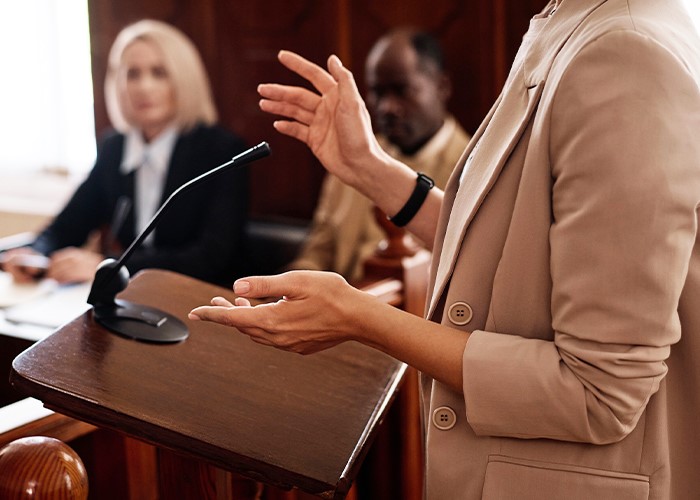The Impact of Medical Malpractice Focus Groups

Medical malpractice trials are complex. They involve understanding medical procedures and terminology to determine if a mistake happened that led to harm. But how do lawyers prepare to present their case clearly to a jury that might not have a medical background? That’s where medical malpractice focus groups come into play. These groups help attorneys shape their cases and develop themes and strategies that best communicate with jurors.
How Do Focus Groups Help Attorneys Develop Effective Case Strategies?
Focus groups are incredibly helpful in malpractice cases because they mirror how a real jury might react to a similar set of circumstances. Here’s how focus groups help:
- Clarifying Complex Information: Medical terms and procedures can be hard to understand for people without medical experience. Focus groups give attorneys insight into what confuses people. This way, they can adjust their presentation to make sure jurors understand the case.
- Testing Arguments: Lawyers often have multiple ways to present their case. Focus groups help attorneys determine which arguments are the most persuasive. They can test out various angles, from emotional appeals to more logical, fact-based approaches, to see what resonates the most.
- Understanding Reactions to Witnesses: How a witness or expert comes across in court can be crucial. In a professional negligence focus group, participants are asked about their impressions of witnesses. Was the doctor believable? Did the expert explain things clearly? These reactions help lawyers understand which witnesses might work well and who might need expert witness preparation.
Preparing for Court
Once the lawyers have gathered feedback from the focus group, they can fine-tune their case, usually with a Mock Trial. They might change how they present evidence, make certain points clearer, or even reconsider their approach to cross-examining witnesses. The goal is to build a stronger case that speaks directly to the jury’s concerns and thought processes.
Predicting Jury Verdicts
While no one can predict with complete certainty what a jury will decide, focus groups give attorneys a valuable preview. By seeing how a group of people responds to the case, lawyers get a sense of how a jury might lean. This insight can be especially useful in negotiations, as it helps both sides better estimate their chances of winning or losing the case. At Accurate Verdicts, we feel that presenting the case facts to a group of 12 or 24 focus group members is essential before an actual trial begins; especially those claims with significant exposure.
Identifying Juror Bias
One of the benefits of medical malpractice focus groups is identifying potential biases. Every juror comes into a case with their own life experiences and beliefs, which can affect how they view a case. By observing focus groups, attorneys can spot common biases and prepare to address them during voir dire or the trial. Bias can make a significant difference in how jurors interpret the facts.
Highlighting Key Evidence
Sometimes, certain pieces of evidence stand out more to focus group members than attorneys might expect. By using focus groups, lawyers can discover which evidence is most compelling and build their case around it. This ensures that the most important points are front and center when it’s time for jurors to make their decision.
End Note: Why Accurate Verdicts Uses Focus Groups?
At Accurate Verdicts, we know how important it is to understand what juries think. Focus groups are a key part of building a winning strategy in medical malpractice and professional negligence cases. Our focus groups are designed to identify winning themes and our mock trials provide an avenue for attorneys to test those themes. Focus groups and mock trials work together to provide real feedback that helps lawyers craft their arguments, making sure they are prepared to present their strongest case in court.









